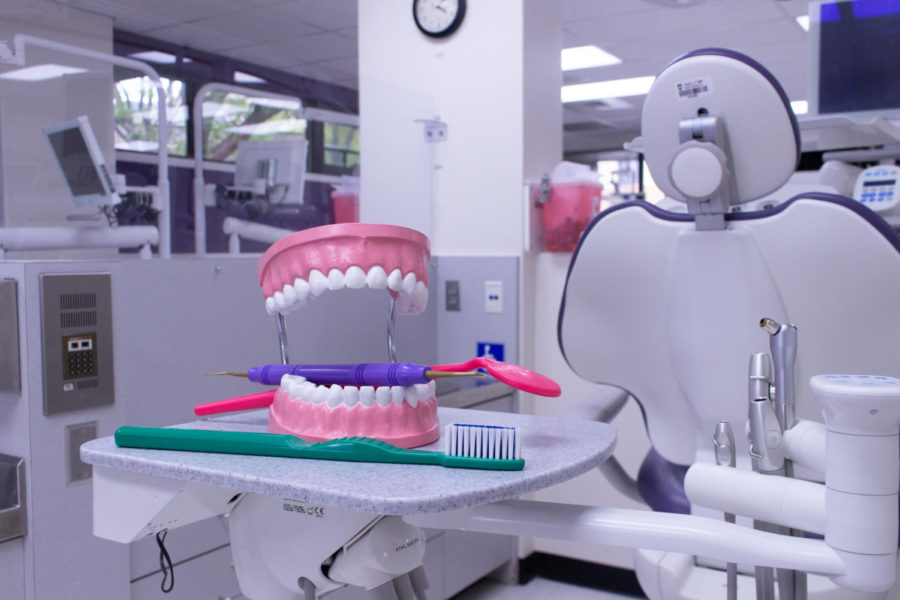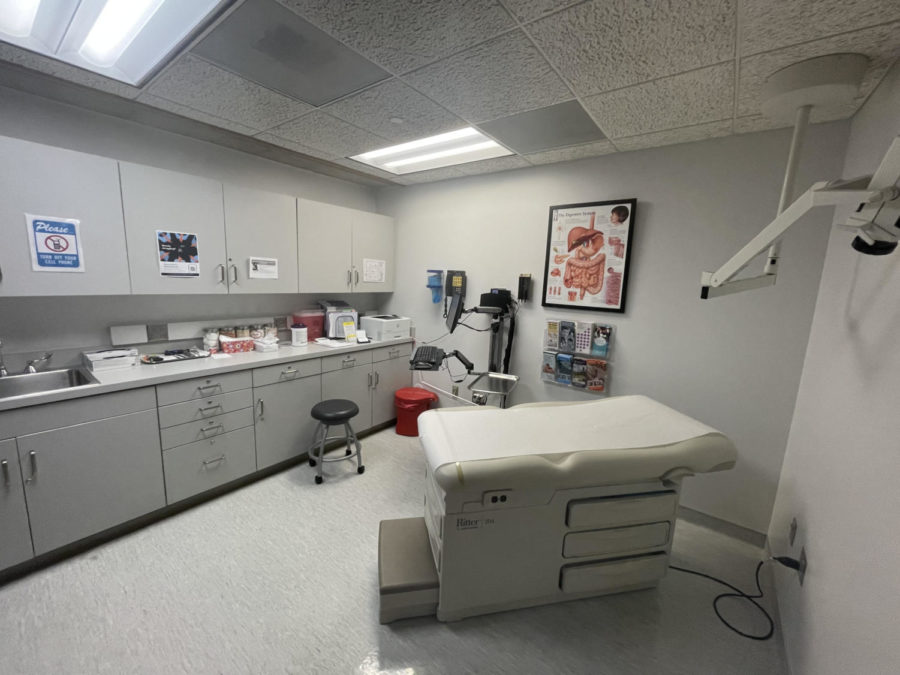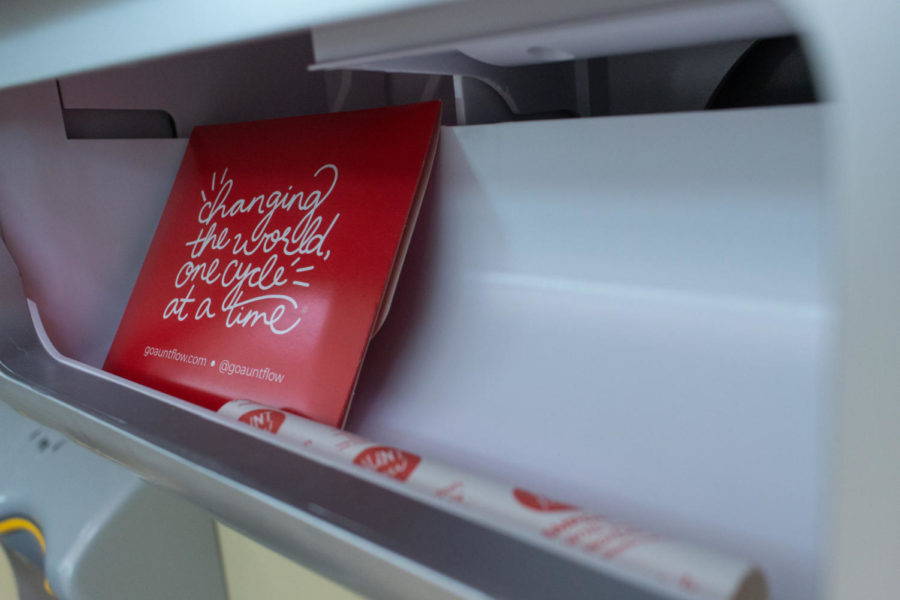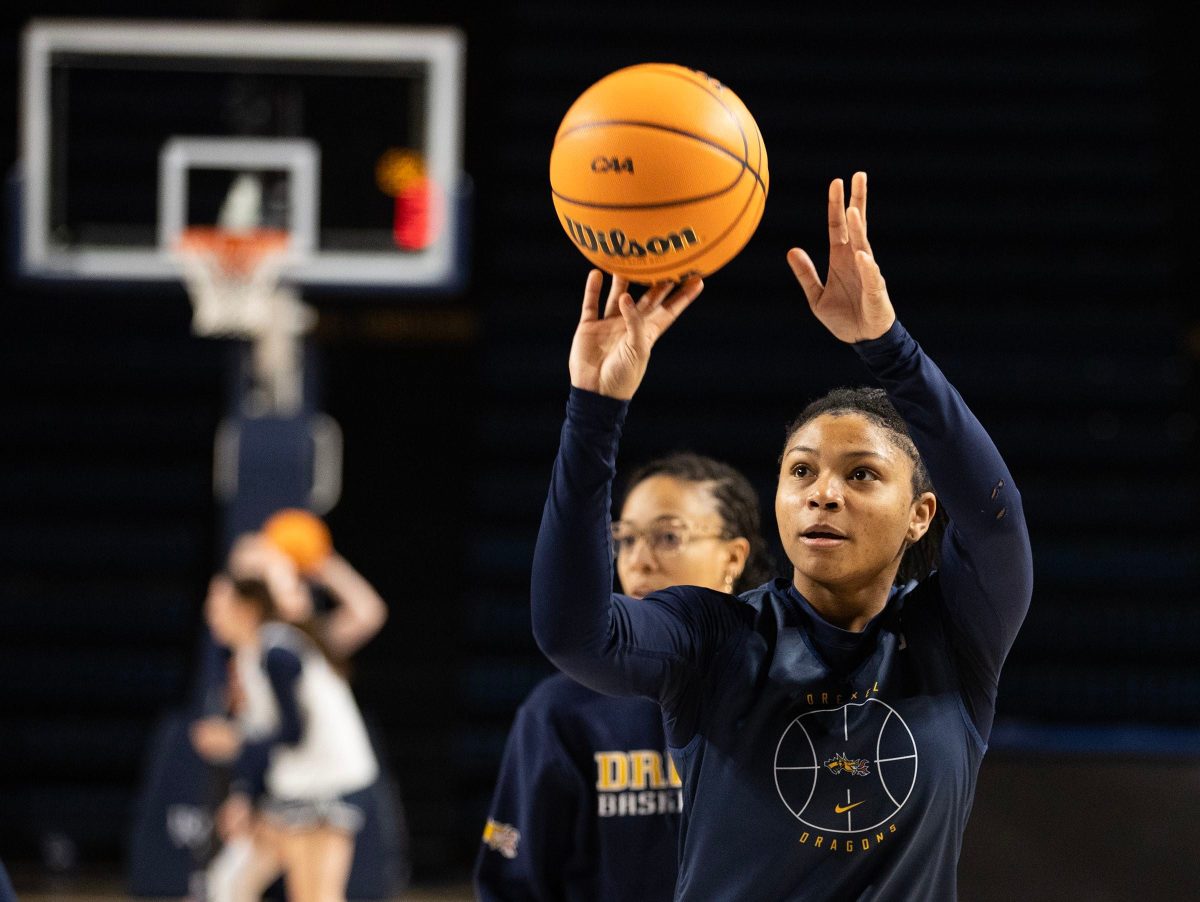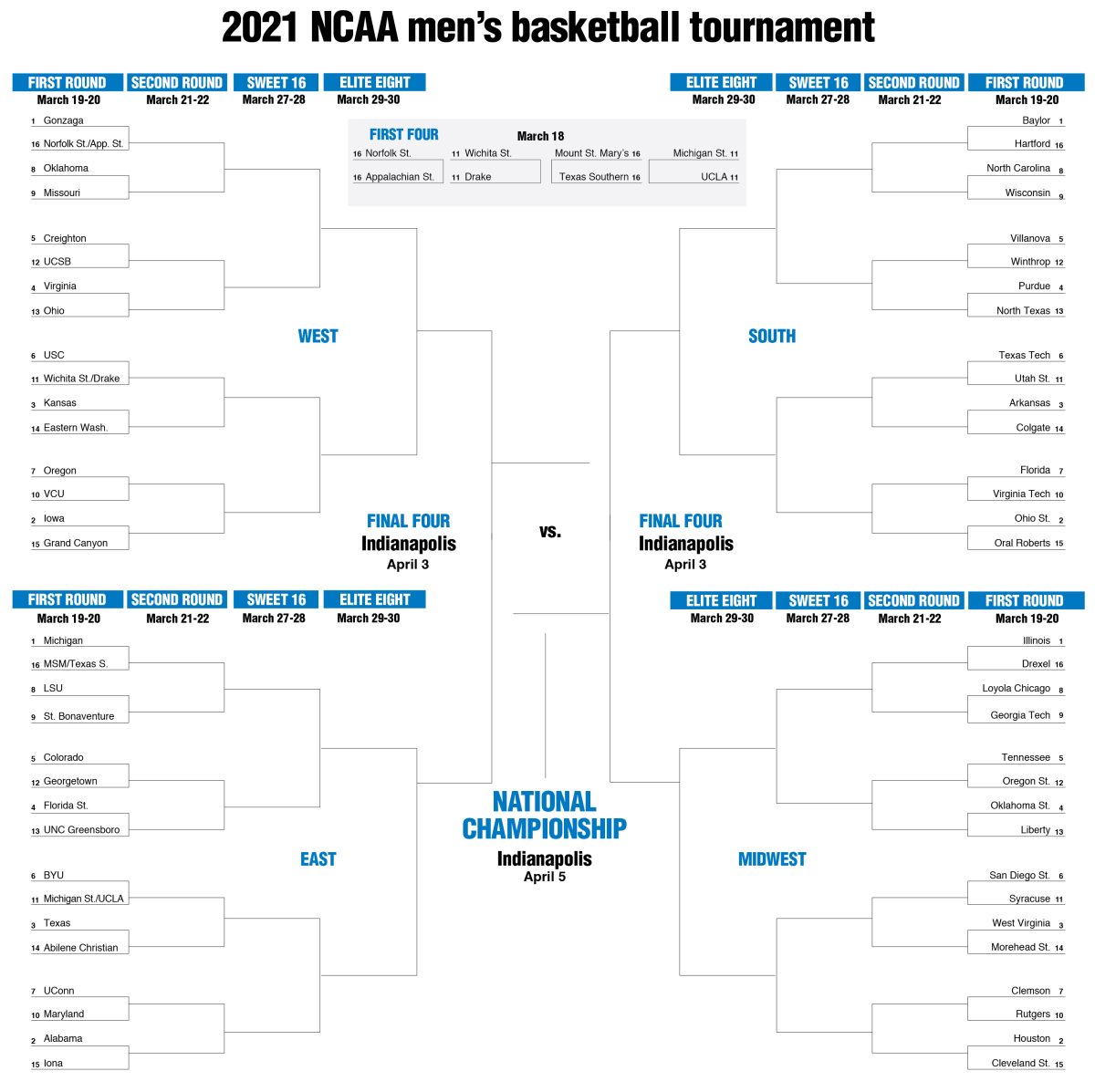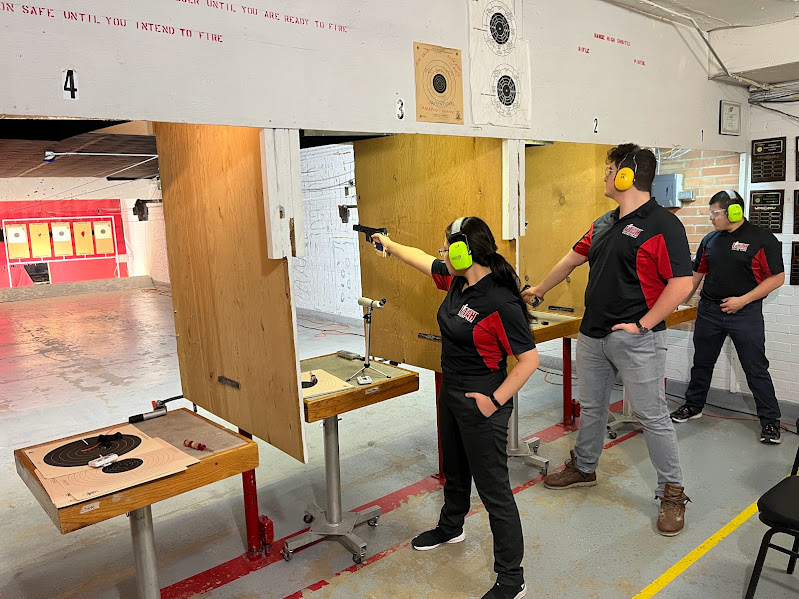Weber State University students in athletic training and nursing went to the Winter Dew Tour in Breckenridge, Colo., to gather research on concussions related to extreme snow sports through helmet sensors, video monitoring and blood draws.
“It was
a great opportunity for all of our students,” said Matt Donahue, assistant professor, who attended the Dew Tour this year. “It was a long 8-9 days that we were there. We got a lot more out of it — not just the concussion study, but how medical coverage works at a large athletic event.”
One of the studies conducted at the Dew Tour this year was a biomarker test, performed by drawing an athlete’s blood. The students were looking for specific chemicals that might indicate a concussion. This year, WSU researchers had more athletes participate in the research.
“We are trying to narrow down from our research and biomarkers that might be the one that we can test for,” Donahue said. “We are still going to need a couple years. We are seeing trends now, but not necessarily enough to have conclusive data.”
The team started researching a quick and effective way to diagnose concussions and if certain biomarkers can warn of future complications.
“We’re hoping the research we are doing will lead us to faster and more effective ways of actually diagnosing whether an athlete has a concussion or not,” said Tiffany Vlahos, WSU senior.
Vlahos said athletic trainers right now are dependent on athletes coming to them with problems, but a lot of athletes don’t want to be assessed because they don’t want to be pulled out of practice or competition.
“We are hoping to find ways that can tell them if they have a concussion or not so they can get back to playing,” Vlahos said.
Concussions are linked to memory problems and death, and can weaken everyday abilities to function. Researchers have conducted many studies with football and professionals, but none with winter sports. The more athletic trainers can understand about those injuries, the faster they can be diagnosed.
The research the students conducted at the Dew Tour will contribute to the first-of-its-kind, four-year longitudinal study at WSU of investigating overall brain and health in college athletes. The study uses biomarkers to identify possible brain decay and memory loss in athletes who participate in contact sports.
“We’ve been looking at changes in biomarkers in their brain to see if we can forecast things that are happening in the NFL players,” said Jordan Hamson-Utley, assistant professor on the research project. “Are those things happening in college, and if so, should we stop here? Should we make changes in how they participate and practice?”
The helmet sensor testing didn’t go as well as researchers had hoped, Donahue said.
“The athletes were not open to putting a sensor on the helmet, because many of them use helmets for sponsor logos,” Donahue said. “We didn’t see that as much of a problem, but it turned into a huge problem. We are talking to the company who makes the sensors to get ones to go on the inside of helmets for next year.”
Students and faculty started working with the Dew Tour a few years ago and have partnered with the Dew Tour to continue research.
“One of the main reasons we looked at the Dew Tour was because they came to us and asked for research relationships,” Hamson-Utley said. “We developed that relationship with them and then asked what they would like us to look at.”
Another reason they wanted to research the Dew Tour is how long the athletes have been competing in the sport.
“These athletes have been competing in the sport for a long period of time,” Hamson-Utley said. “Rarely do you get an athlete in the Dew Tour who just picked up snowboarding. Usually they’ve been doing it since they were 5. They engage in this sport over their lifespan, which could have an impact on them later.”
None of the results from this year’s research have been concluded yet. The researchers are still complying and studying statistics, but Vlahos said it was a good step for them and they hope it will be useful information.
“I think we were able to get a lot of cool information from what we were able to do there — hopefully, something useful,” she said.






